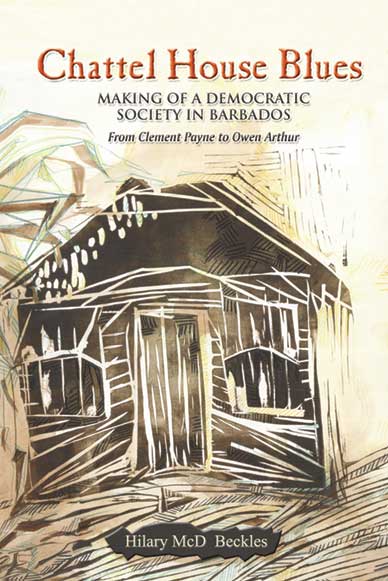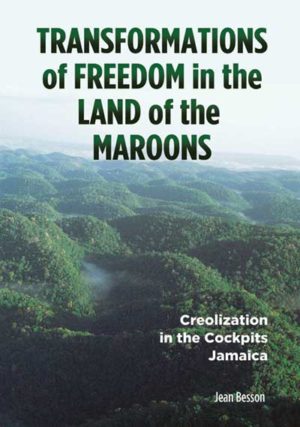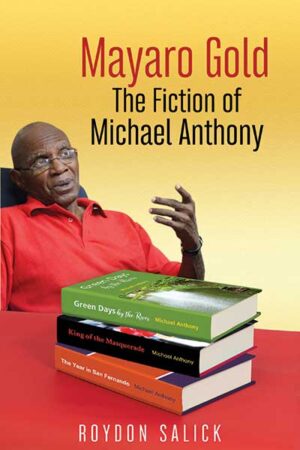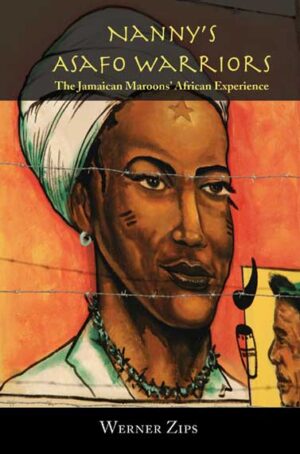Description
The remaking of colonial Barbados as a postmodern nation state has its political roots buried deep within the past. In Chattel House Blues, Hilary Beckles sets out to rewrite modern Barbadian history by centring the evolution of the nation in centuries of grassroots struggle. Democracy in Barbados, he argues, as a social, political and cultural reality, has its origins principally within working class demands for freedom, justice and equality and not as a bestowal upon the masses by elites at moments of imperial and colonial enlightenment.
In the companion volume, Great House Rules: Landless Emancipation and Workers’ Protest in Barbados 1838-1938, Beckles convincingly shows that for the first one hundred years after emancipation, an unbroken chain of resistance, protest and agitation for democratic governance, resulted in a decisive breach in the walls of the structures of white supremacy culminating in the Clement Payne Movement and the Riots of 1937. Black workers and their middle class allies secured Universal Adult Suffrage in 1950 and finally politically independence in 1966, ending the ‘Great House Rule’ that had begun three hundred years earlier. This process he further argues, reached maturity in 1994 when Owen Arthur, a young man from the chattel house in the plantation tenantry became prime minister.
Independence and nationhood, though critical markers in the journey towards social justice and equity d not mean an end to the struggle. The politically enfranchised workers have since risen to an appreciation of their economic rights and the issue of popular economic democracy is now seen as the next step I civil rights development that Barbadians must confront.
Chattel House Blues connects current political thinking with the historical process. In producing this work of historical literature that emphasises a people-centred culture of change and transformation, Prof. Beckles’ thesis is challenging if not controversial and is bound to result in widespread debate among Barbadians at home and in the diaspora.







